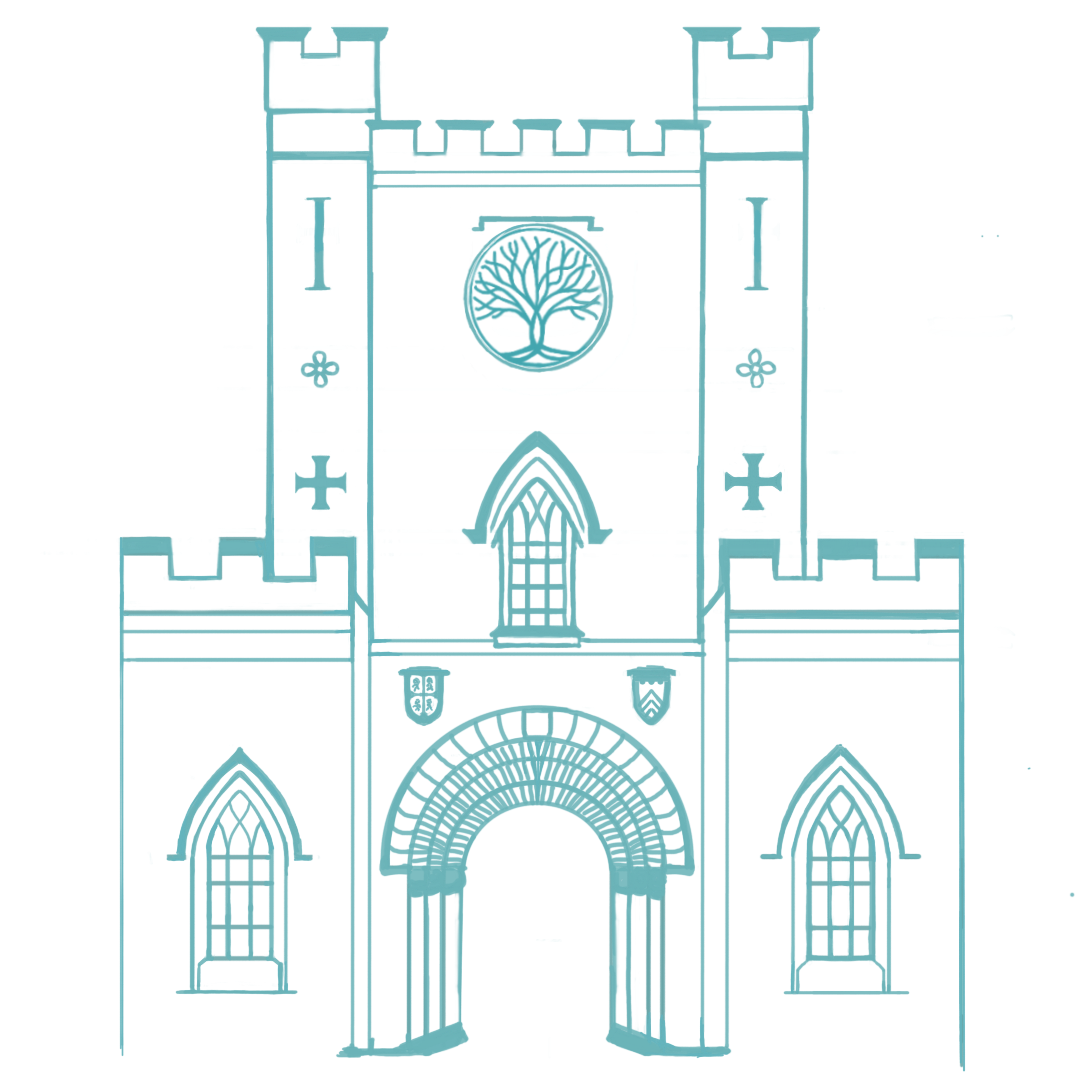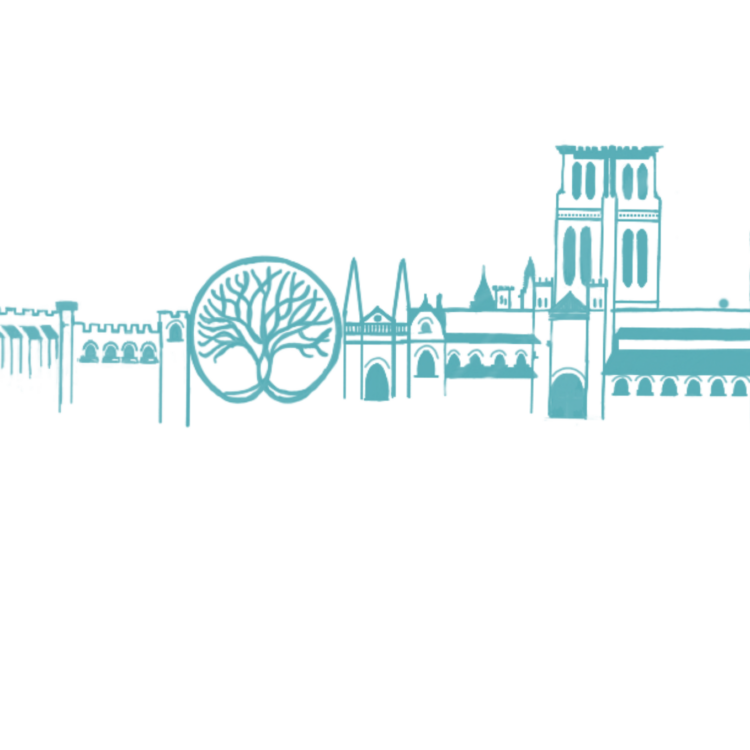
Programme
The CES 24 Conference will begin Monday 9th September (9am) and end Wednesday 11th September (~5pm). Over the 3 days there will be a mix of keynote talks, submitted talks (lightning in plenary sessions, and standard in parallel sessions), submitted informal themed discussions, academic film showings, skills workshops (e.g., writing for the public; academic film making), and early career researcher (ECR) oriented opportunities . On Sunday evening there is the opportunity to meet up with delegates (including an ECR event), whilst on Monday evening there will be a poster session with drinks reception, and the conference dinner will be on Tuesday evening in Durham Castle, a World Heritage Site, continuously occupied since the 11th Century and Durham University’s oldest College. The conference wraps up on Wednesday with awards and the Annual General Meeting (AGM).
Please see below for our preliminary conference programme. Please note this programme is subject to change as we approach the conference, so be sure to check back and keep an eye out for announcements and updates.
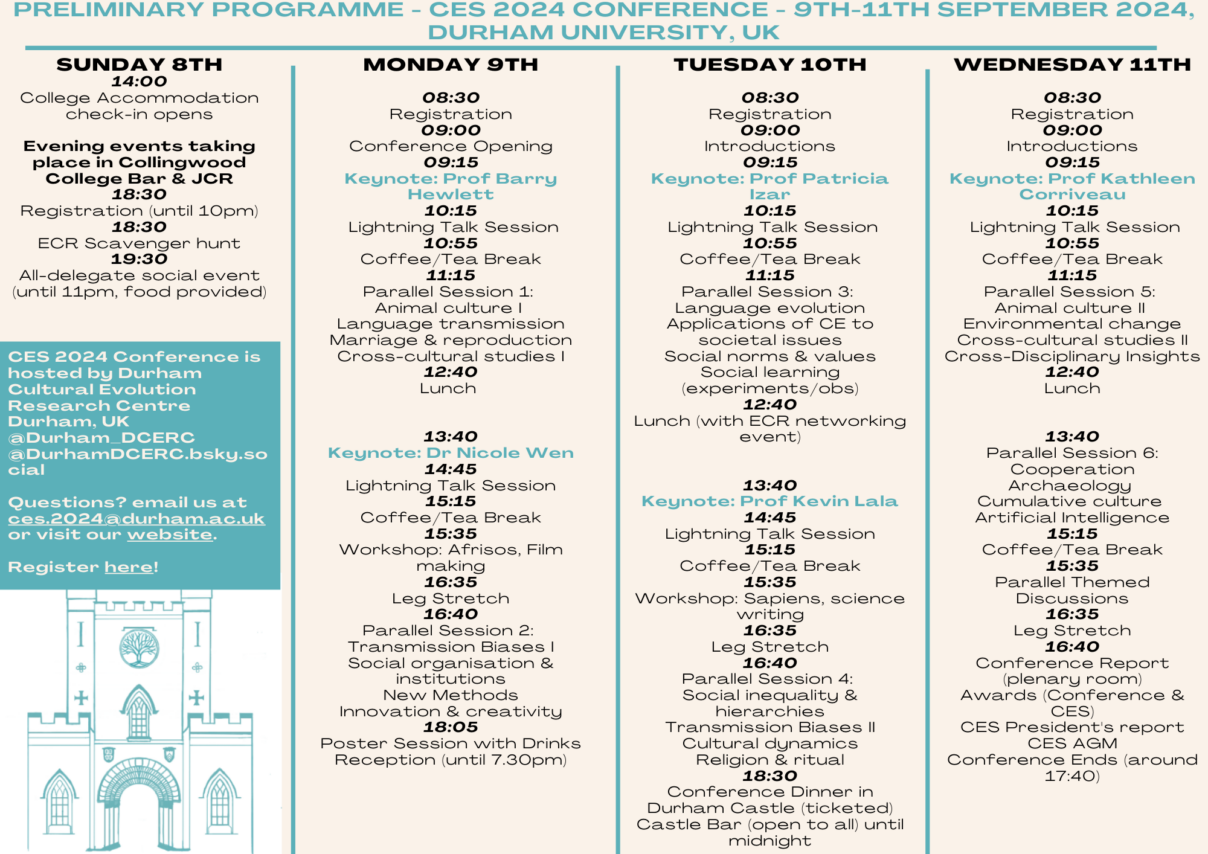
Download a screen reader-friendly pdf version of the CES 2024 Conference preliminary programme here:
The Capstone Conference of the CES Transformation Fund begins Thursday 12th September (9am) and ends Friday 13th September (~5pm). The grant scheme aims to build a richer and more diverse cultural evolution field, whilst catalysing the application of cultural evolution research to global human futures. Over the 2 days, each funded Research Project, Applied Working Group, and Seedcorn Project will present their research. A professional live scribe will create and showcase public communication illustrations for each presentation. On Thursday evening there will be a poster session with drinks reception (plus a dinner for awardees and invited others), while Friday features a workshop on generating societal impact from research and wraps up with a discussion of future directions for the cultural evolution field.
Please see below for our preliminary conference programme. Please note this programme is subject to change as we approach the conference, so be sure to check back and keep an eye out for announcements and updates.

Download a screen reader-friendly pdf version of the Capstone Conference preliminary programme here:
Keynotes for CES 24
Patricia Izar
Institute of Psychology, Universidade de São Paulo, São Paulo, Brasil
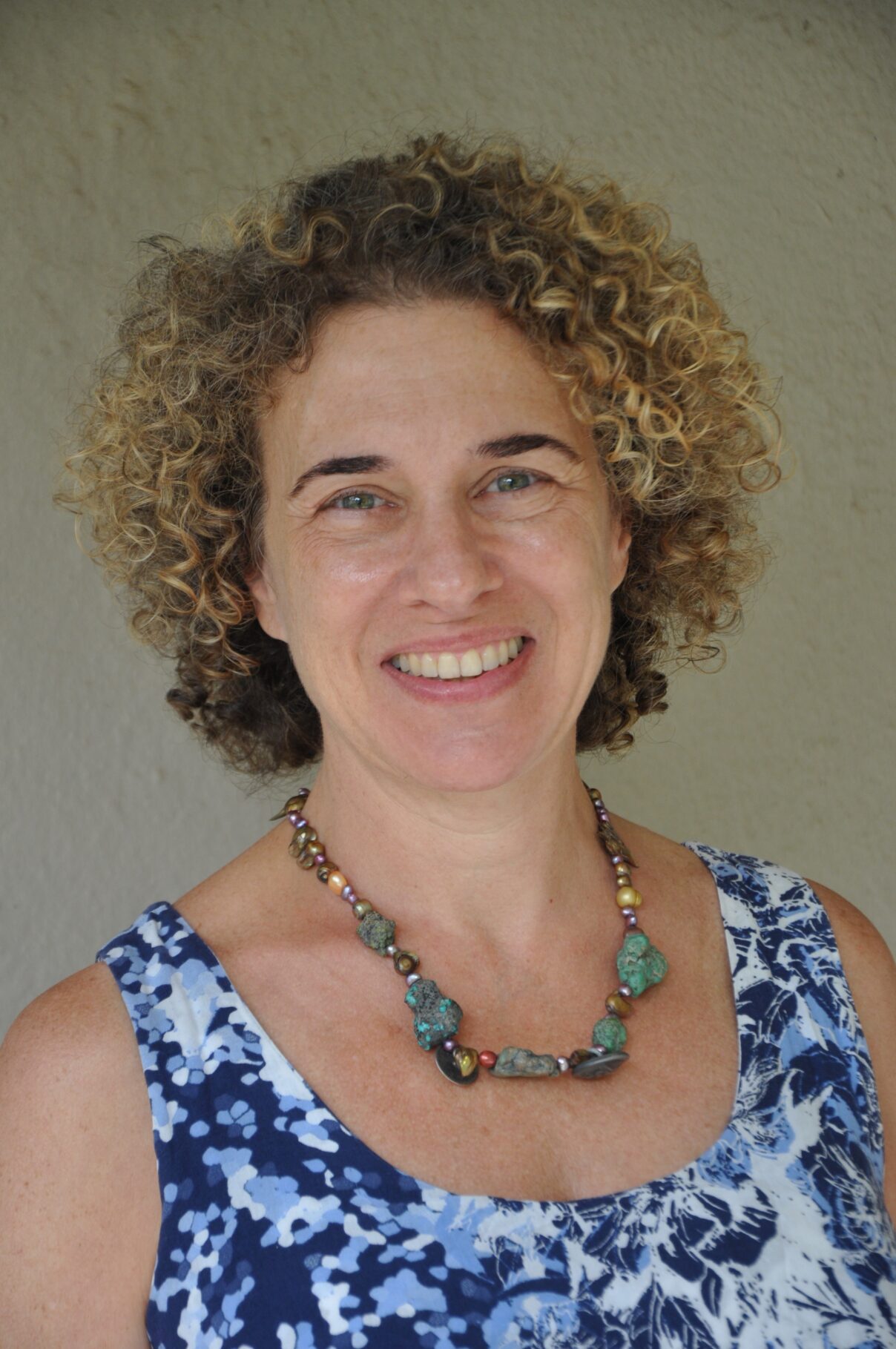
A tough nut to crack: what research with wild capuchin monkeys reveals about the tradition of tool use
Through long-term research with bearded capuchin monkeys (Sapajus libidinosus) in Fazenda Boa Vista, Brazil, we have deepened our understanding of tool use by non-human primates. Nut cracking with tools is a skill developed through socially mediated individual learning, resulting from the availability of fruits and hard stones. Learning this skill affects the development of perception, attention, and memory. Nut-cracking on anvil sites also increases direct competition among group members, steepening the female dominance hierarchy. Finally, the use of tools to obtain nut kernels substantially increases the diet quality of these monkeys. While the tradition of nut cracking with stone tools impacts the lives of bearded capuchin monkeys in many ways, recent studies indicate that habitat anthropization is threatening this tradition. Thus, we must act to protect capuchin monkeys.
Kathleen Corriveau
Department of Psychology, Boston University

The role of testimony in cultural learning
Cultural learning via first-hand experience can sometimes be time-consuming and costly. In this talk, I highlight the role of adult testimony as a mechanism for providing efficient and effective information transmission. I focus on children’s learning about science and religion as two opaque cultural learning domains where children use testimony both for imitation and innovation. By drawing on cross-cultural samples, I aim to highlight global variability in the extent to which children attend to various testimonial features for learning. Such variability has broad implications for how cultural information is acquired and then transmitted within and across generations.
Barry Hewlett
Department of Anthropology, Washington State University
From hunter-gatherer social learning to infectious disease control: Fifty years of utilizing evolutionary approaches to culture
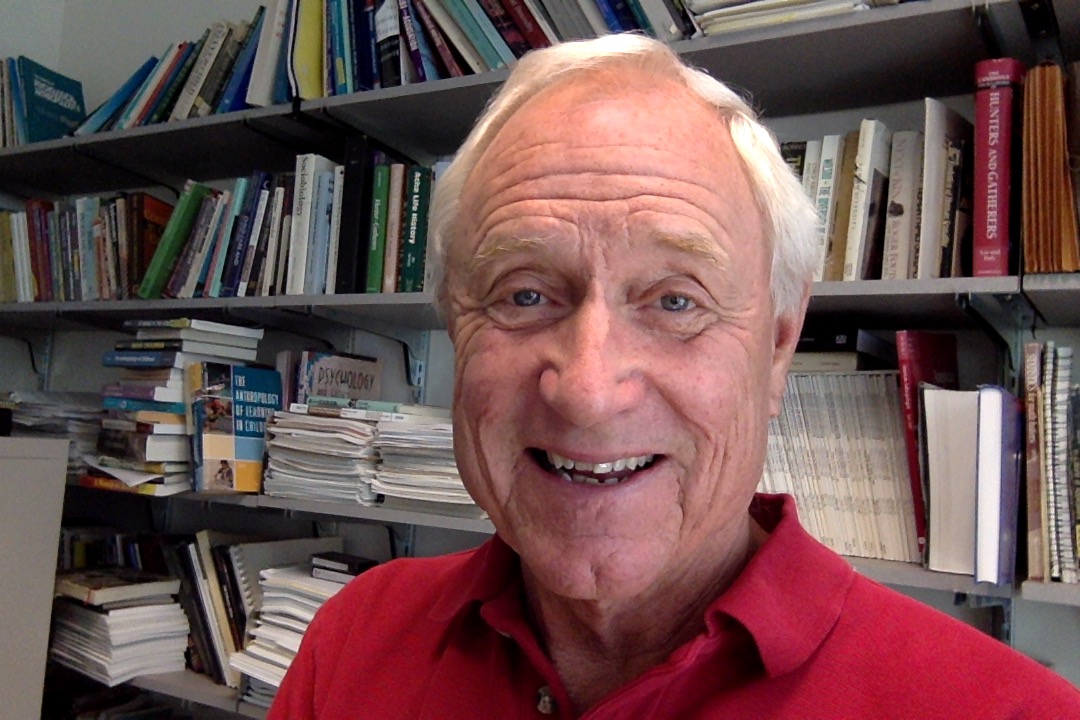
The talk examines basic and applied research applications of evolutionary approaches to culture. First, studies of social learning among the Aka and other hunter-gatherers are considered. Six dyadic (vertical, remote generation, intrafamilial and extrafamilial oblique and intrafamilial and extrafamilial horizontal) and three group (conformist, concerted and cumulative) modes of transmission are discussed. Aka research on two key features of human cumulative culture, teaching and overimitation, are also briefly presented. Finally, the talk moves beyond basic research and discusses how evolutionary approaches to culture have been useful for understanding efforts to control Ebola (EVD) in central Africa.
Kevin Lala
School of Biology, University of St Andrews, U.K.
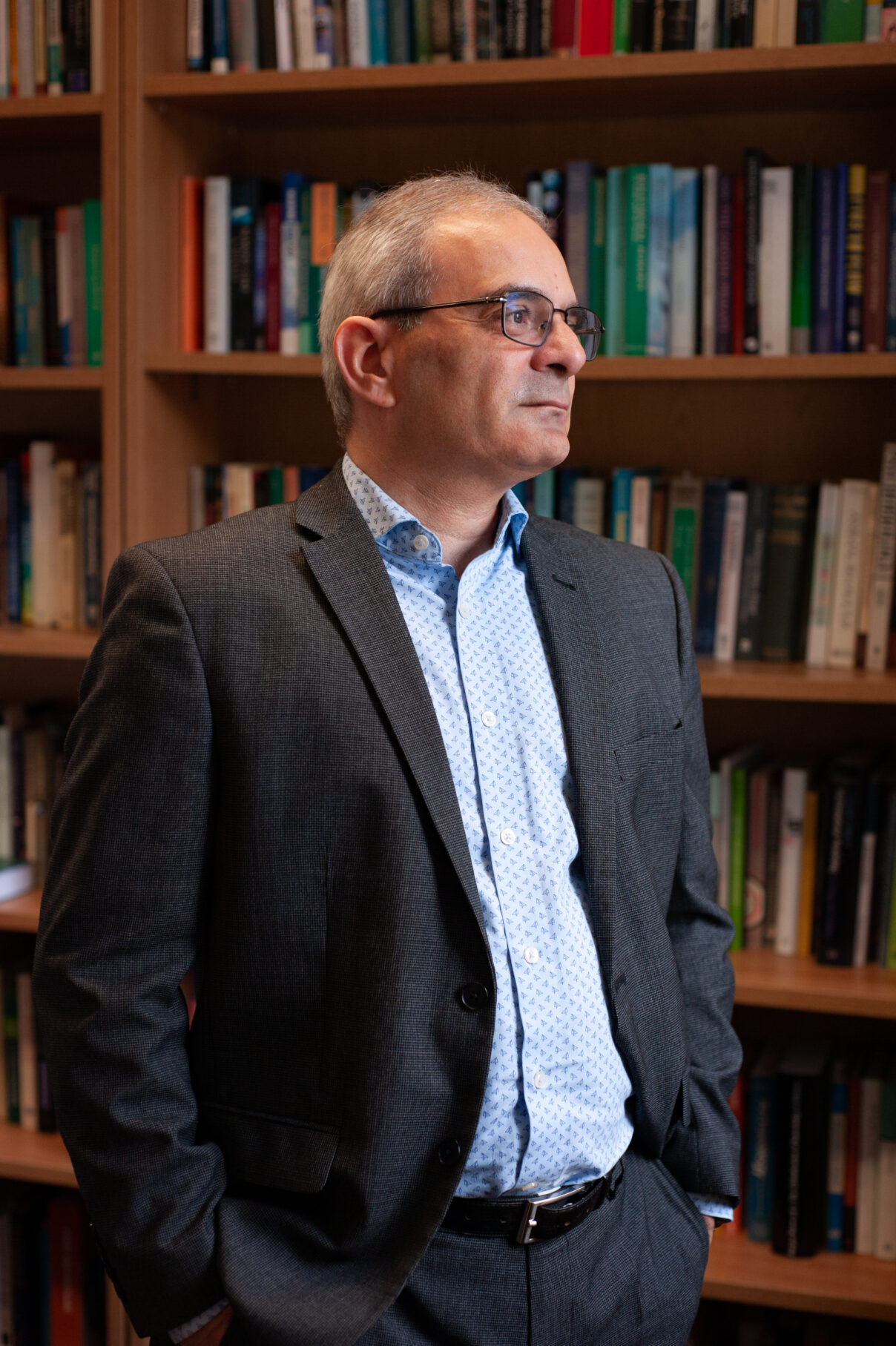
Genes, culture, and scientific racism
The modern field of cultural evolution emerged in the 1970s, in the aftermath of the ‘race and IQ’ and ‘human sociobiology’ debates, as a direct counter to extreme hereditarian positions. Yet, despite genetic data refuting any suggestion of racial substructure to human populations, naive interpretations of race that advertently or inadvertently perpetuate racist ideas remain prevalent across the biological sciences, including concerning ancestry, health, sport, and intelligence. A cultural evolution perspective can help identify unwarranted reductionist and determinist claims while providing a more inclusive multidisciplinary framework with which to interpret human variation. Natural and social scientists have an important role to play in disseminating the multifaceted explanation for racial disparities to the wider public.
Nicole Wen (New Investigator award winner)
Psychology & the Centre for Culture and Evolution, Brunel University London

Rituals in childhood: Exploring social group dynamics
Studying the emergence of rituals in childhood provides insight into the complex dynamics of social group cognition. This talk will examine how children identify and acquire ritual to affiliate with social groups and preliminary work uncovering the relationship between ritual and cooperation in development. Insights within and across populations are drawn from diverse methodologies, including behavioral experiments, multivocal ethnography, and group paradigms. The results illuminate a deep-rooted proclivity towards in-group preference, suggesting rituals as pivotal mechanisms fostering group cohesion. I posit that humans are psychologically prepared to engage in ritual, serving as a means for in-group affiliation and inclusion.
